|
To kick off department seminar for the Fall 2023, we decided to showcase our graduate students and allowed them to compete in a 3-minute thesis competition. Chelsea and Darrien both threw down and competed against graduate students across the department. It was an awesome way to kick-off the semester and it was standing room only in the lecture hall!
0 Comments
New paper out today in Frontiers in Education lead by former lab post-doc Angela Google with undergraduate researchers Grace and Zachery. This was an amazing project in which we interview nearly 30 first gen undergraduate STEM students to document their experiences at the University of South Alabama. The full article can be found here.
New paper out this week in Frontiers in Education with Cissy Ballen's awesome research group at Auburn. This work is conducted as part of our NSF IUSE grant to explore how to incorporate Ideological Awareness into Introductory Biology curriculum! Full article can be read here.
The lab is collaborating with glass recycling company Glass Half Full and researchers from Tulane University to conduct experiments on the feasibility of growing coastal dune plants in recycled glass sand. These providing baseline data on the whether recycled glass may be a potential source to replenish rapidly eroding beach ecosystems. We currently have projects occurring within the field and in the greenhouse with many more to come!
Chelsea was down on Dauphin Island this week collecting data on ghost crab morphological and stress hormone responses to human impacts on beach communities. Aaron was also running around collecting casts of ghost crab burrows to look at changes in burrowing behavior with human impacts. This project was span beach communities across the northern Gulf of Mexico this summer and is being conducted in collaboration with Jonathan Perez's lab!
It's been a great week in the FUNGGii lab, both Emily & Getty's MS Theses were approved by the Graduate School at South, marking the end of two incredible MS adventures! I am so excited to see their next steps!
New NutNet paper out in which we explore spatial and temporal variation in plant composition across 60 NutNet sites worldwide! Link is here.
New Paper lead by Post-doctoral researcher Abby Beatty on Instructor perceptions of discussing controversial topics in undergraduate biology! Link is here.
Getty successfully defended her MS thesis today! She gave an awesome talk exploring how multiple disturbance drivers impact plant understories in the Mobile-Tensaw Delta!
|
Affiliation
Department of Biology - University of South Alabama Archives
March 2024
|
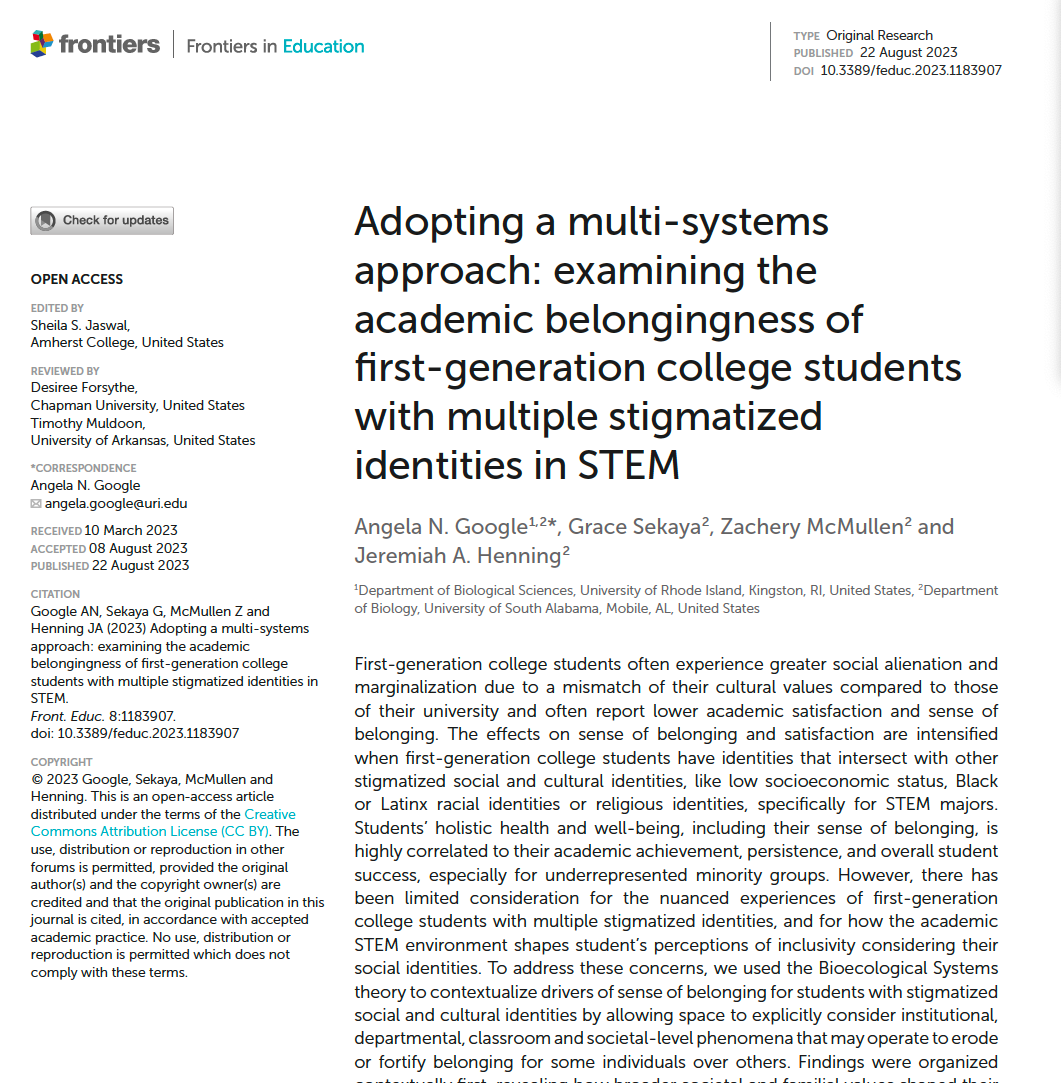
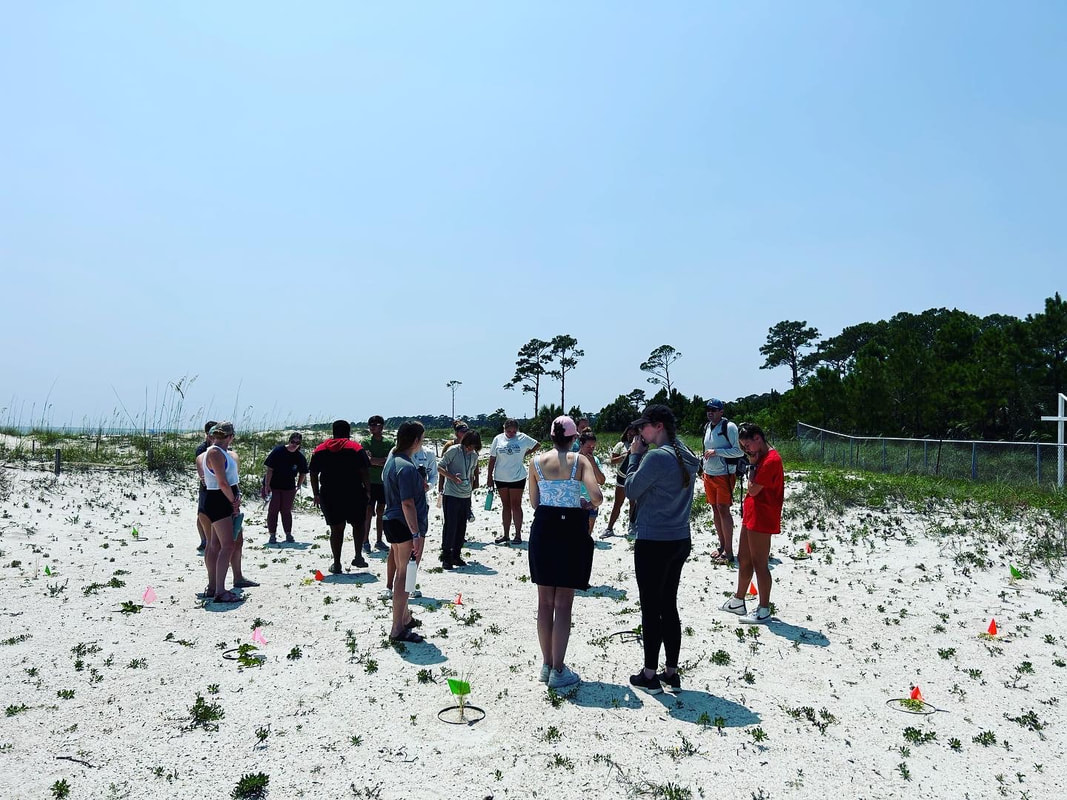

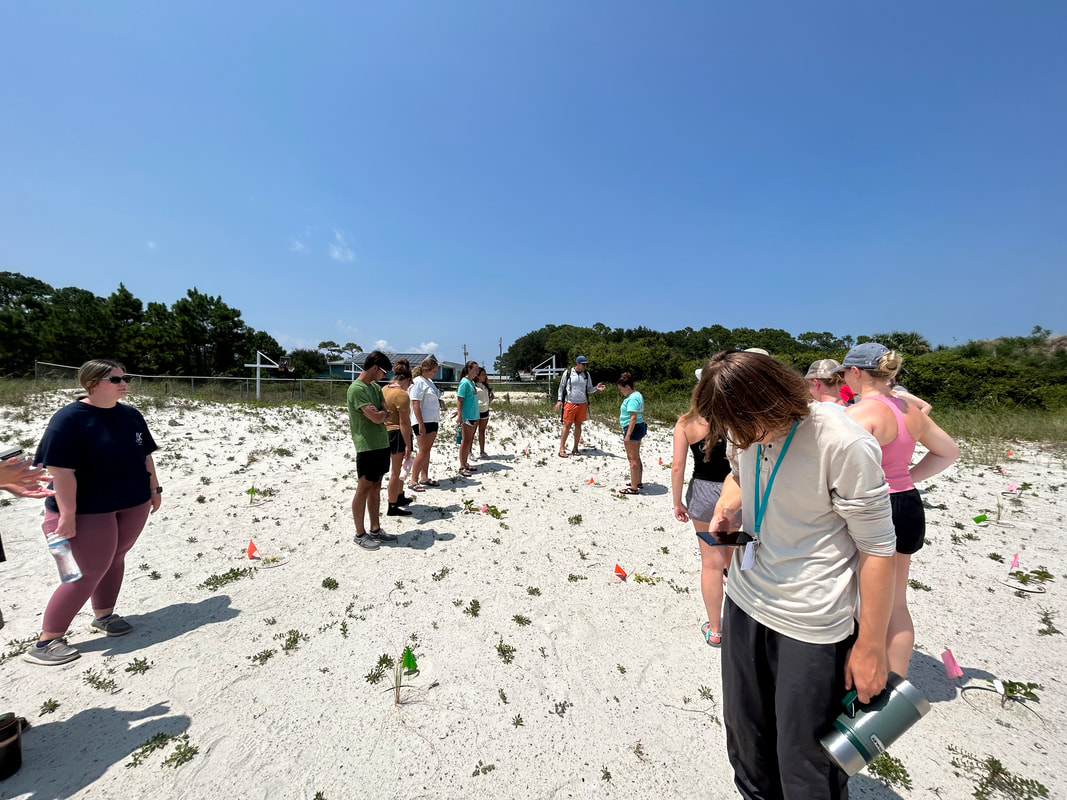
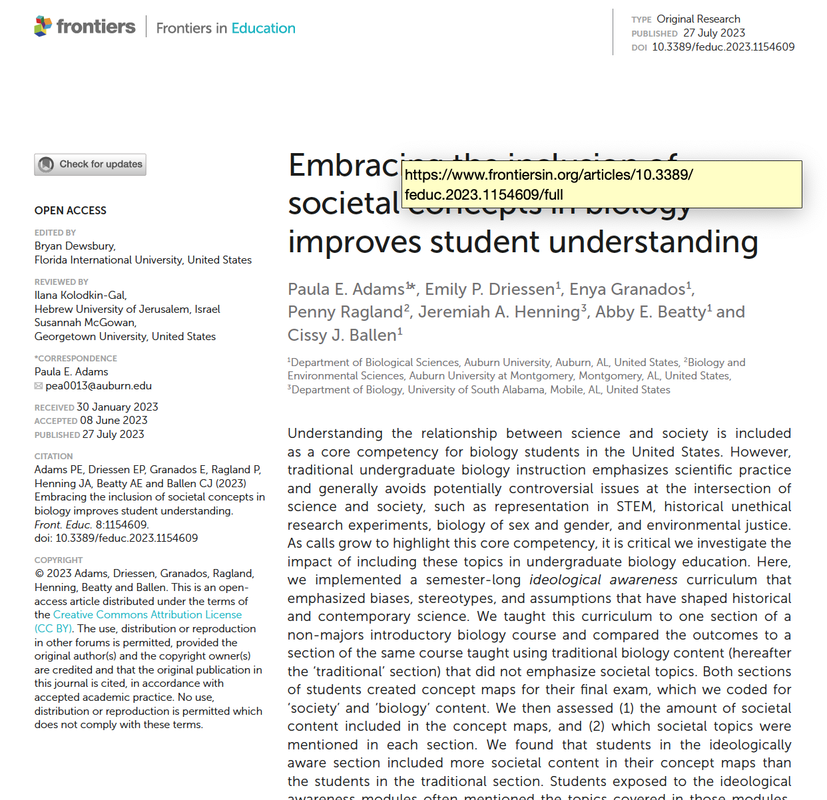
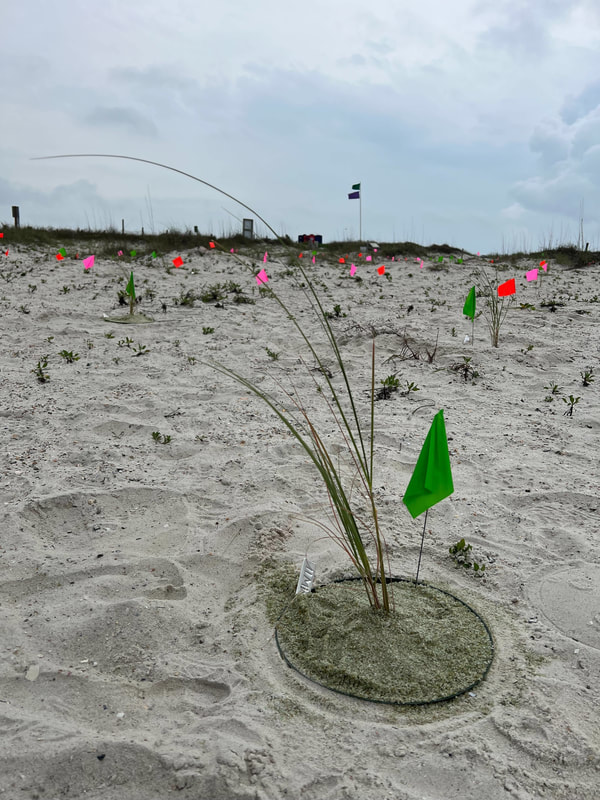
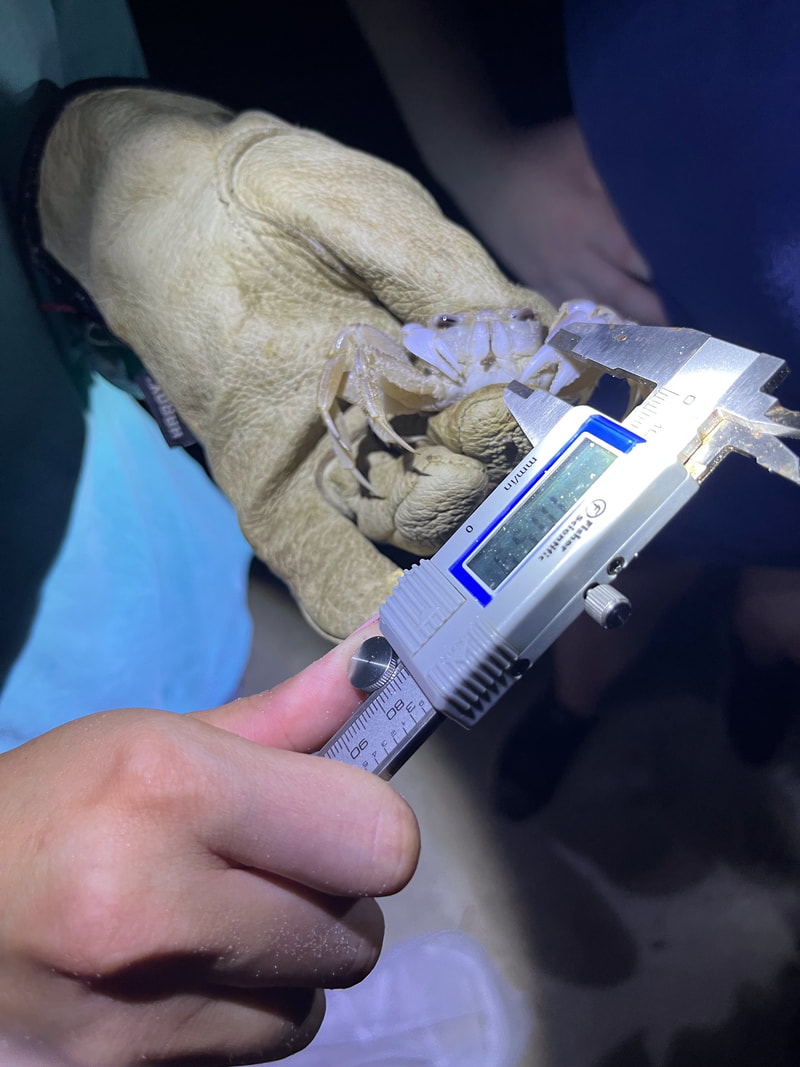
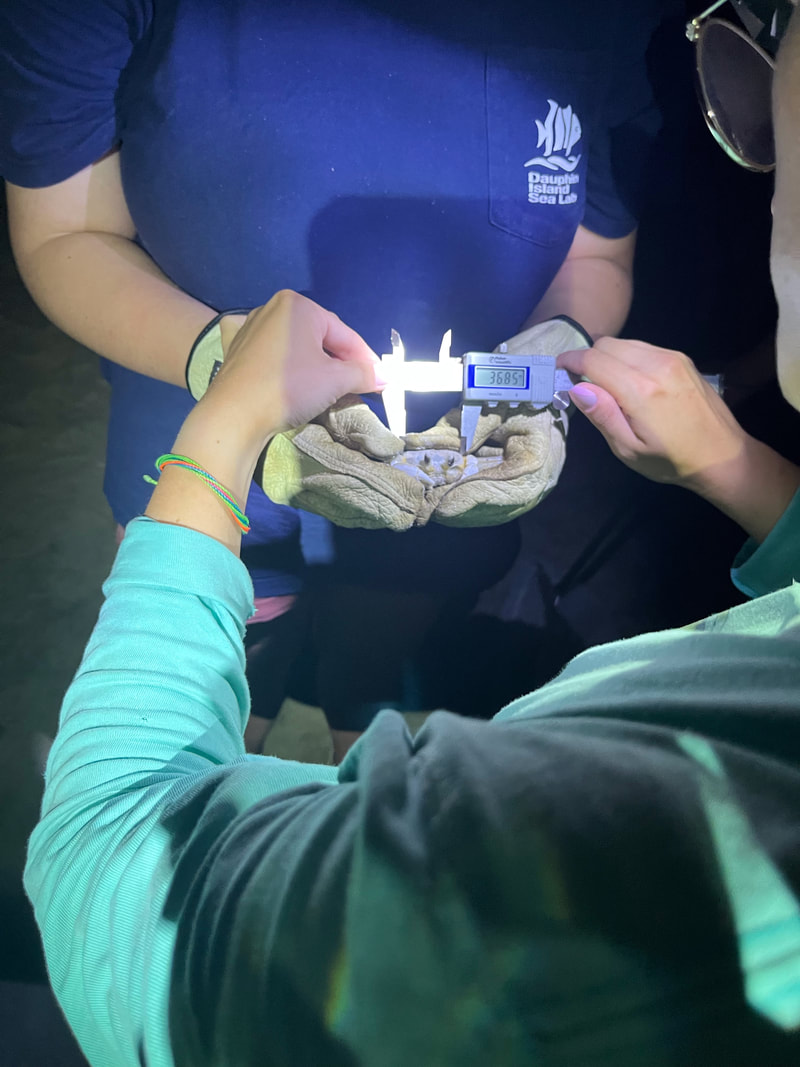
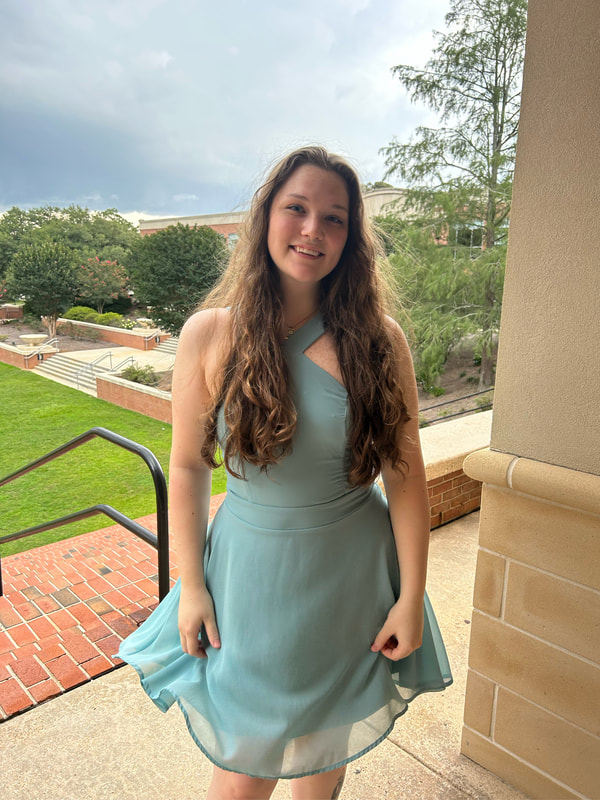
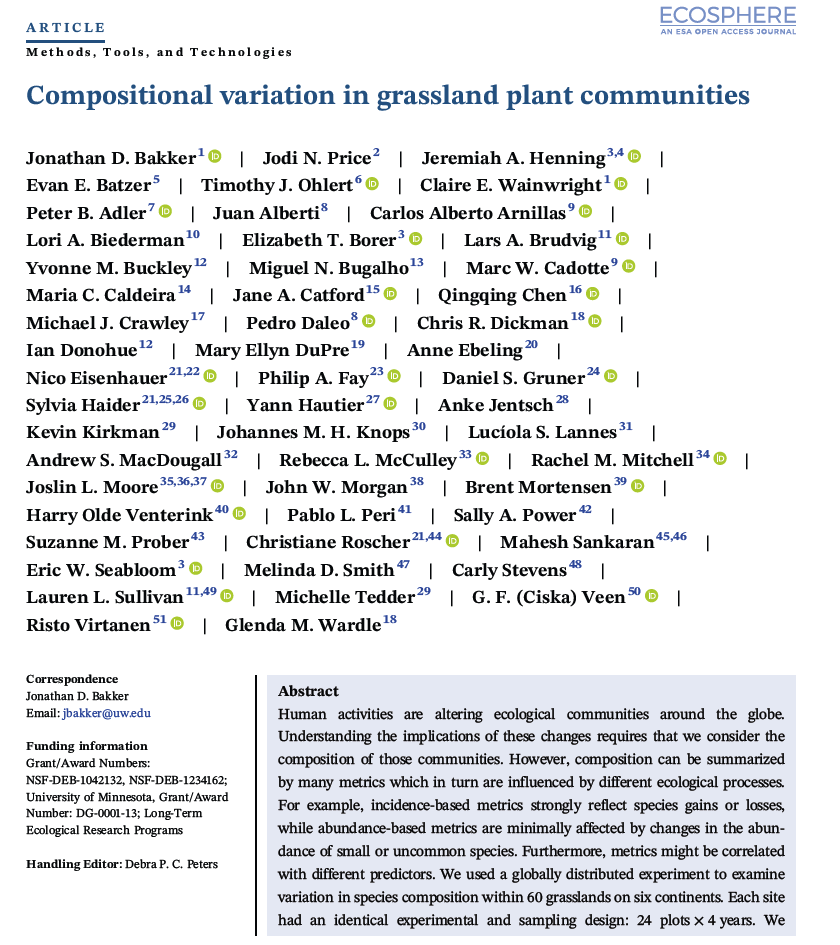
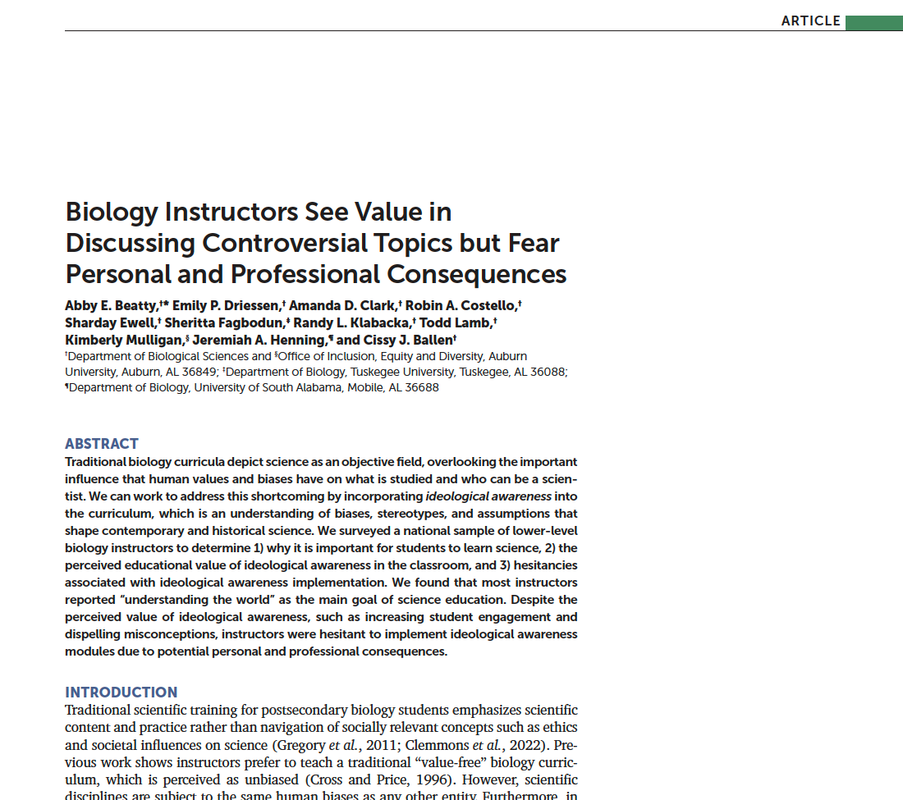
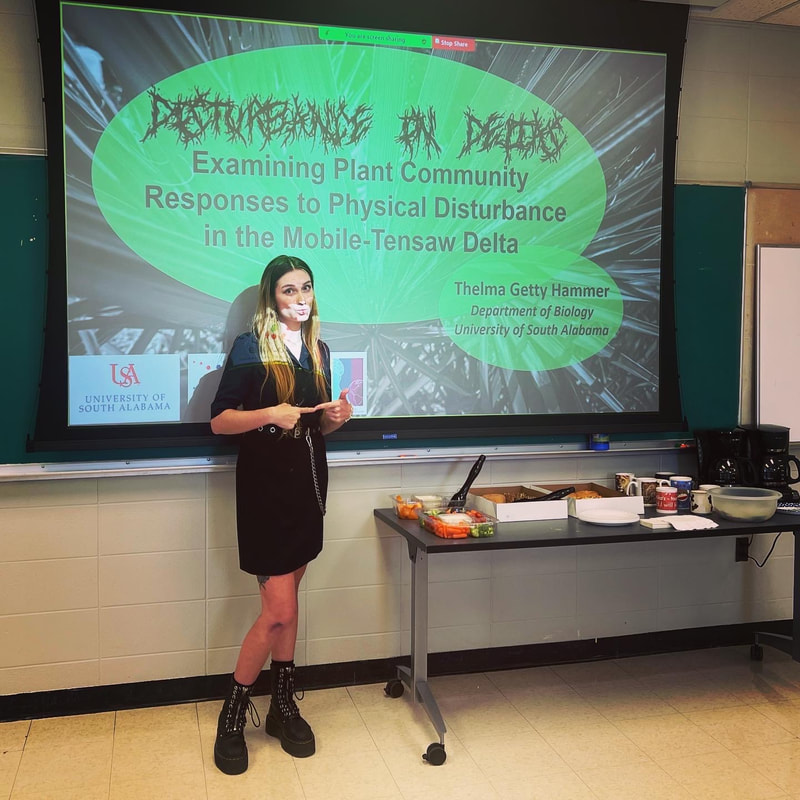
 RSS Feed
RSS Feed